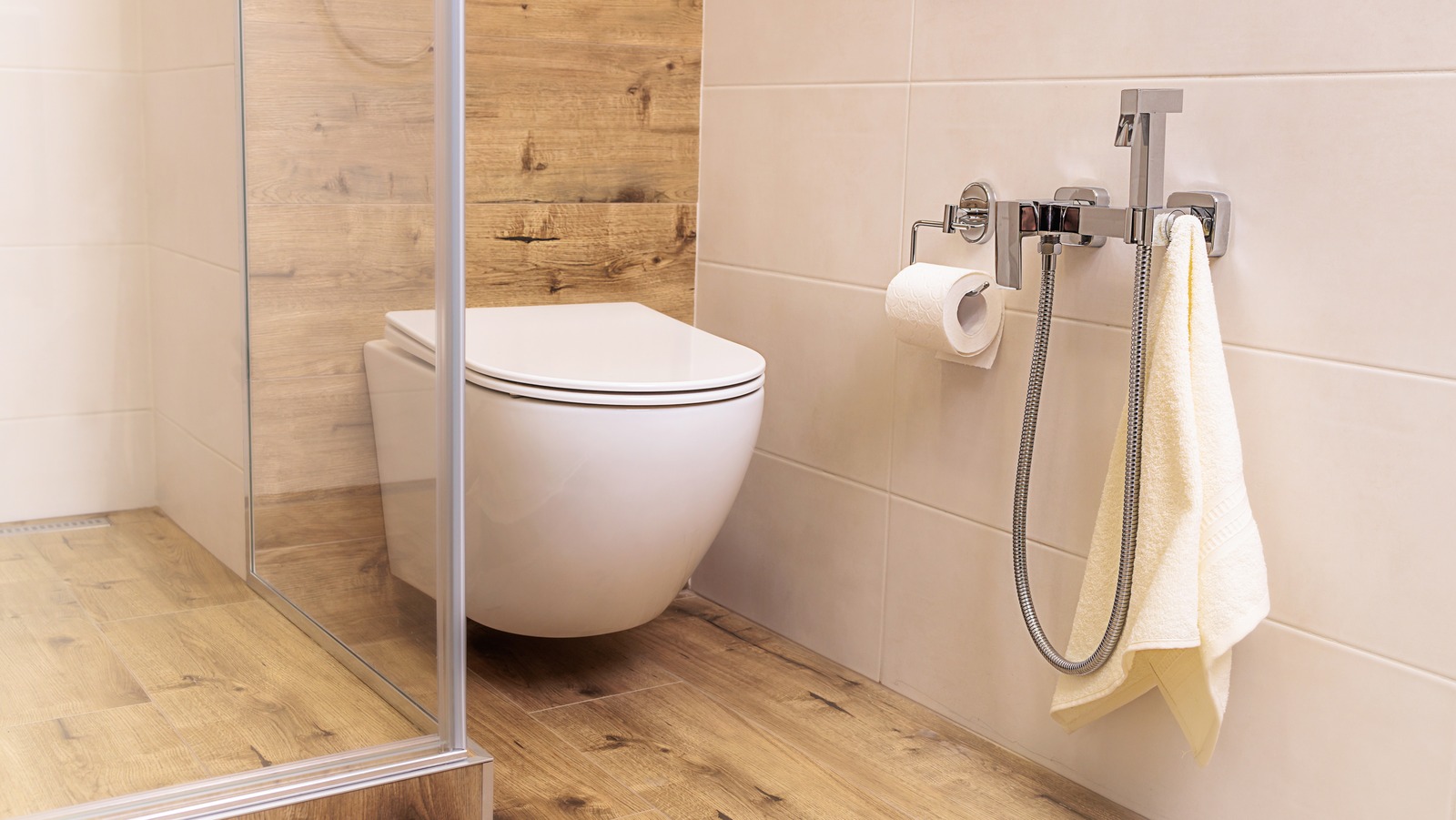When your toilet whistles upon flushing, it can be both puzzling and irritating. Understanding the underlying causes of this phenomenon is essential for both homeowners and renters who want to maintain a peaceful and functional bathroom environment. In this comprehensive article, we will explore the various reasons your toilet may be whistling, along with practical solutions to rectify the issue.
The Mechanism of Toilet Operation
Before diving into the reasons behind the whistling sound, it’s important to grasp how a toilet operates. A standard toilet comprises several components, including:
Tank: Stores water for flushing.
Flapper: A rubber valve that opens when you flush, allowing water to exit the tank and enter the bowl.
Fill Valve: Controls the refill of the tank after a flush.
Float: Regulates the water level in the tank.
Understanding these parts will help us identify the cause of the whistling noise.
Common Causes of Toilet Whistling
1. Faulty Fill Valve
One of the most prevalent causes of a whistling toilet is a malfunctioning fill valve. This component is responsible for allowing water to flow into the tank after flushing. If the fill valve is partially clogged or damaged, it can create a whistling noise as water struggles to flow through it.
Solution: Inspect the fill valve for any signs of wear or debris. Cleaning or replacing the valve can often resolve the issue.
2. High Water Pressure
Excessively high water pressure in your plumbing system can also lead to whistling. When you flush the toilet, the high pressure forces water through the fill valve quickly, creating a whistling sound.
Solution: Use a pressure gauge to check your home's water pressure. Ideally, it should be between 40 and 60 psi. If it exceeds this range, consider installing a pressure-reducing valve to regulate the pressure.
3. Air Trapped in the System
Air trapped in the plumbing system can also cause a whistling noise during flushing. This phenomenon typically occurs when there is a break in the water supply, allowing air to enter the pipes.
Solution: To eliminate trapped air, run several faucets in your home simultaneously for a few minutes. This can help purge the air from the system and reduce whistling noises.
4. Worn Out Flapper
A worn-out or improperly seated flapper can lead to irregularities in water flow, which may result in whistling. If the flapper does not seal correctly, it may allow water to escape, creating turbulence and noise.
Solution: Inspect the flapper for wear and tear. If it appears brittle or discolored, replace it with a new one to ensure a tight seal.
5. Loose or Damaged Toilet Components
Sometimes, the whistling noise can originate from loose or damaged components within the toilet tank. This can include anything from loose screws to a damaged tank itself.
Solution: Check all fittings and components within the tank to ensure they are secure. Tighten any loose screws or bolts, and replace any damaged parts as needed.
Preventative Measures for a Whistling Toilet
Routine Maintenance
Regular maintenance of your toilet is crucial for preventing whistling and other issues. Perform periodic checks on all components, including the fill valve, flapper, and float.
Monitor Water Pressure
Keep an eye on your home’s water pressure. If you notice any fluctuations, it may be time to consult a plumber to evaluate your plumbing system.
Install a Water Softener
If you live in an area with hard water, mineral buildup can contribute to clogs in the fill valve and other components. Installing a water softener can help reduce mineral deposits and prolong the lifespan of your toilet components.
When to Call a Professional
If you've attempted to troubleshoot and resolve the whistling noise without success, it may be time to consult a professional plumber. A licensed plumber can conduct a thorough inspection and provide expert recommendations tailored to your specific situation.
Conclusion
Toilet whistling can be a frustrating experience, but understanding the underlying causes allows homeowners to take action effectively. By addressing issues such as a faulty fill valve, high water pressure, trapped air, or worn components, you can restore peace to your bathroom and ensure your toilet operates smoothly.

